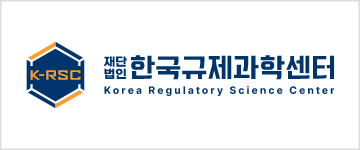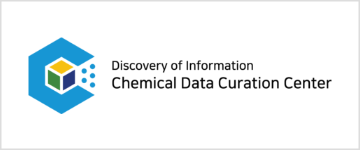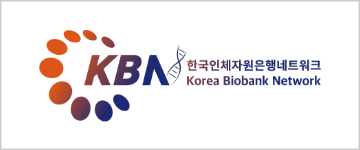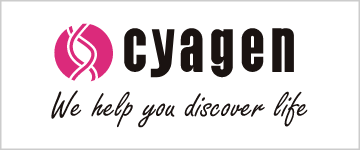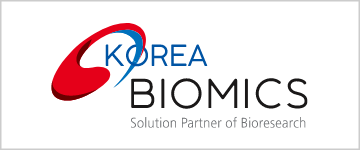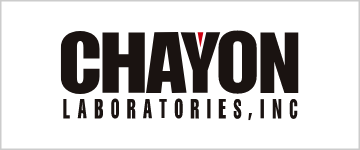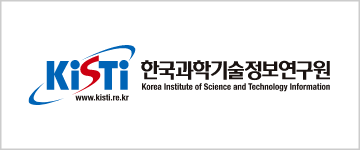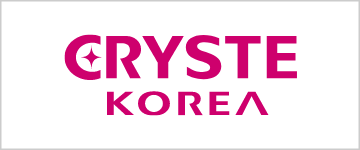2025 Fall
International Convention of PSK
2025 CONVENTION
Abstracts
ROS-responsive hyaluronic acid–bilirubin nanoparticles for targeted delivery of SN-38: Enhancing efficacy while minimizing systemic toxicity
- Yu Jeong Kim1,2, Bom Lee1,2, Seon Ah Lee1, Yonghyun Lee*1,2
- 1College of Pharmacy, Ewha Womans University
- 2Gradutate Program in Innovative Biomaterials Convergence, Ewha Womans University
SN-38, a highly potent derivative of camptothecin, exerts strong anticancer effects by inhibiting DNA topoisomerase I. However, its clinical application is severely limited by poor aqueous solubility and instability of its active lactone form, which rapidly hydrolyzes into an inactive carboxylate at physiological pH. To improve solubility, the prodrug irinotecan was developed, but its conversion to SN-38 is inefficient, resulting in extremely low systemic SN-38 levels. Consequently, higher irinotecan doses are required, often leading to serious toxicities such as severe, unpredictable diarrhea, neutropenia, and myelosuppression. Nanoparticle-based delivery systems offer a promising approach to overcome these drawbacks. Here, we report the development of SN-38-loaded hyaluronic acid–bilirubin nanoparticles (SN-38@HABN), a ROS-responsive nanomedicine. The HA shell enables CD44-targeted tumor delivery, while the BR core promotes ROS-triggered drug release in the tumor microenvironment. SN-38@HABN significantly improves drug solubility and stability, enabling controlled release and minimizing off-target exposure. In vitro, SN-38@HABN exhibited potent cytotoxicity against HeLa cells, and in vivo, it showed favorable biodistribution, negligible systemic toxicity, and superior antitumor efficacy. These findings suggest SN-38@HABN as a promising strategy to harness the therapeutic potential of SN-38 while mitigating its dose-limiting toxicities.
Q&A
- There are no registered questions


















